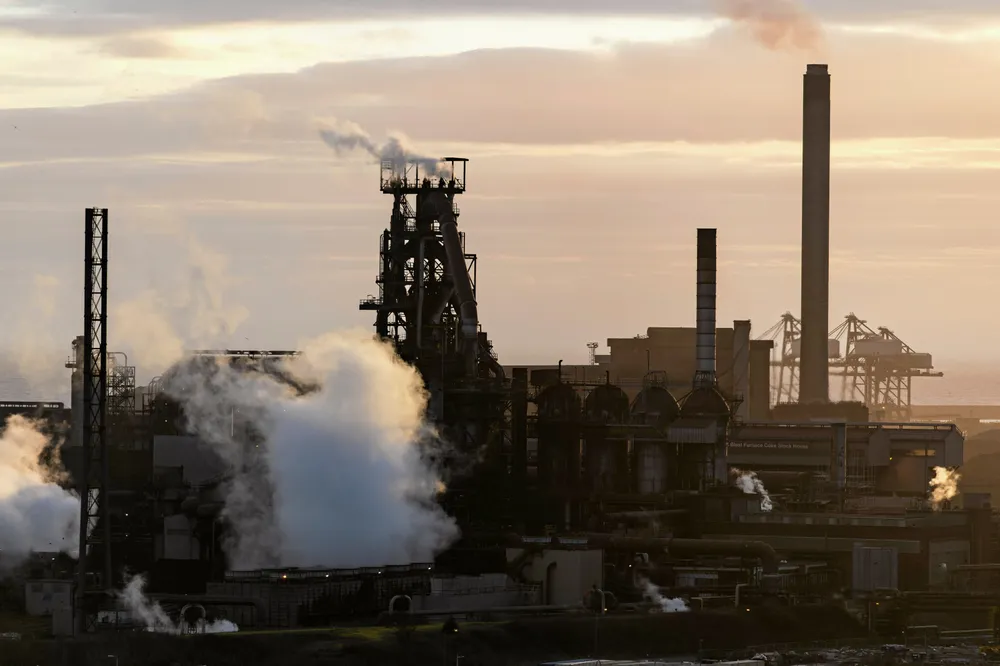‘Terrible mistake’ | Hydrogen-reduced iron excluded from UK’s £500m Tata green steel subsidy package: reports
Negotiations to save Port Talbot steelworks could see Indian giant install electric arc furnaces, but no H2-based DRI

Negotiations to save Port Talbot steelworks could see Indian giant install electric arc furnaces, but no H2-based DRI
